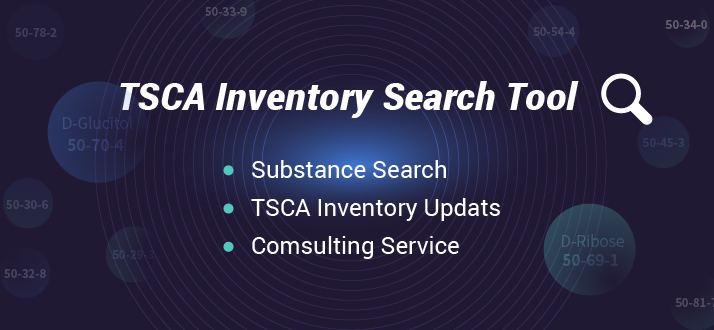Taiwan Consults on Extending PECs Registration Deadline to the End of 2023
The full contents of the draft regulation are accessible here (in traditional Chinese).
The major updates in the draft amendment are summarized as below:
- Clarifying that the controlled chemicals (19 types) designated under the Regulation on Designation and Operation Permission of Controlled Chemicals under OSHA and the concerned chemicals (so far only nitrous oxide, while ammonium nitrate and hydrogen fluoride will be listed soon) designated under TCCSCA are beyond the scope of the regulation;
- Unifying the periods of registration validity and confidentiality validity for all types of new chemical registration as 5 years;
- Clarifying that a maximum duration of confidentiality protection for new chemical registration information is 15 years, including the period before and after the new chemical substance is listed on the existing chemical substance inventory;
- Extending PECs registration (≥ 1 t/y) deadline to December 31, 2023 for those having obtained the phase 1 registration code before the end of 2019. For those obtaining the phase 1 registration code after 2020 for the first time and reaching 1 t/y at the same year, or for those having obtained the the phase 1 registration code when the volume is below 1 t/y and after 2020 the volume reaches 1 t/y, they shall complete registration within 4 years counting from the second year when the phase 1 registration code is obtained.
- Exempting existing on-site isolated intermediates from standard registration;
- Allowing registrants to submit partial information (only items 1~7) to obtain a registration code. The hazard and exposure assessment information (required for Band 2~4) can be submitted later within the allocated time.
- Imposing a fine of from NT$30,000 to NT$300,000 on registrants for failing to supplement or correct unqualified annual reports within the allocated time. Punishment is imposed for each violation. If the company fails to make improvement within the allocated time twice, it may be ordered to stop work, suspend business, or re-export the chemical substances;
- Allowing supplementation and correction of the unqualified dossiers no more than three times (currently twice);
- Extending review period of chemical registration dossier:
— New chemical substances small quantity registration, PCL prior verification, PCL small quantity registration, existing chemical substance phase 1 registration, chemical information protection and corresponding extension: changing from 7 working days to 10 working days;
— New chemical substances simplified registration and the inclusion in the inventory of existing chemical substances: changing from 14 working days to 20 working days;
— New chemical substances standard registration: changing from 45 working days to 60 working days.
- Deleting the original Article 32 since all the data has been saved in the Internet transmission system and there is no need to keep copies of all the submitted information and relevant verification documents for recordkeeping and reference.
The proposed changes, especially extending registration deadline, obtaining registration code by submitting partial information and offering one more time to supplement and correct the dossier are supposed to relieve the industry’s anxiety about the difficulties of chemical registration. However, the review period will be extended. Although it is good for regulatory authorities, for the industry it will mean further delays in registration timeline, let alone the fact that the time consumed for dossier supplementation or correction is excluded from the calculation of the review period. Registrants are recommended to leave more time for registration and to prepare dossier carefully and try to avoid supplementation or correction.
